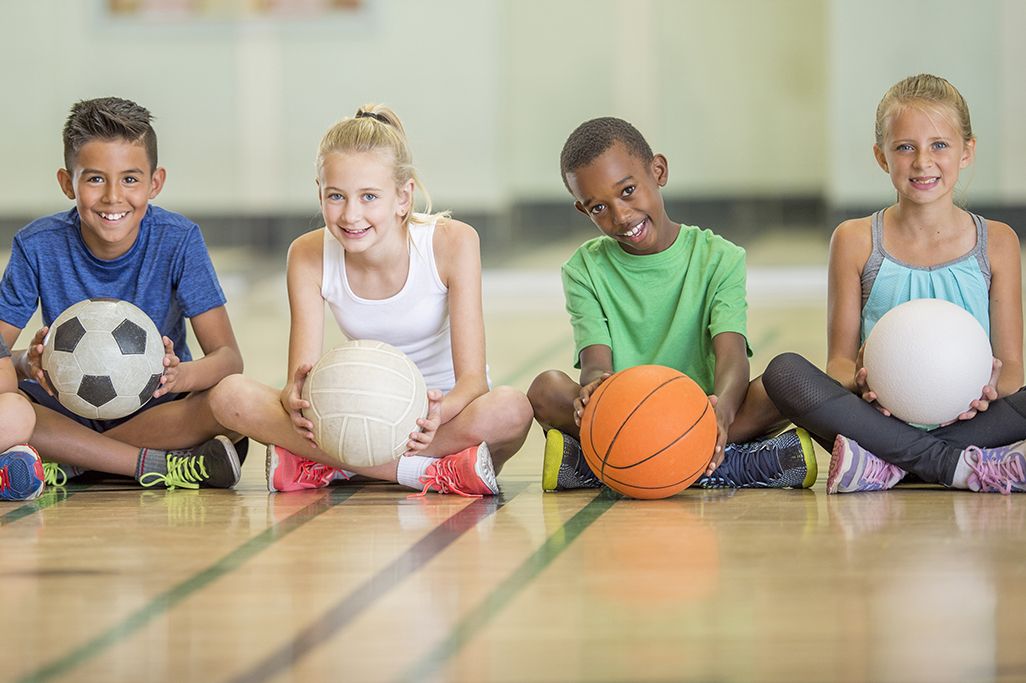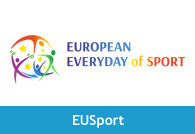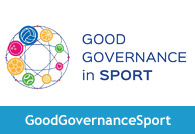NEWS

BSDA is partner in Sport and Dialogue Against Violence and Discrimination

12.01.2019
Sport and Dialogue Against Violence and Discrimination project aims to tackle the problem of violence, discrimination, bullying in and around sporting events, among athletes, sport teams and their supporters. We aim to counter violent behavior through open dialogue, inclusion, tolerance and fair play in sport. The project wants to contribute to the use of sports as a diplomatic tool, one that unites nations and people, regardless of their background, ethnicity or gender. As we have recently seen in the Winter Olympics in Pyeong Chang 2018, North and South Korea marched under the same flag, putting aside their long term/widely known political conflicts. International sporting events have the capacity to unite people from around the world and promote positive attitudes, tolerance, inclusion, friendship and cooperation among nations. They are a reflection of how different ethnicities can compete under the same flag and how cultural diversity plays a more and more important role in each country, in all sports. Fostering the inclusion of disadvantaged people and promoting equal rights and gender balance in sports is a great way to advertise sport and attract a broader public and make them want to engage in physical activities. Finding positive role models among athletes is especially important for children and young people, who look up to them. That is why it is important that people involved in sports come from various backgrounds, ethnic groups, that all sports involve both male and female competitors and that they send the right messages to the public; promote a healthy lifestyle and the development of grassroots sports and events for everyone.
Main project objectives:
1. Encourage the use of grassroots sports in fostering social inclusion, gender equality, tolerance, international cooperation and equal opportunities for young people.
This objective will be covered within activities that include:
This objective will be covered within activities that include:
Target groups:
1. Young people from participating countries who will take part in the 5 sport events - we aim to promote grassroots sport in small communities/ rural areas, where there are fewer such opportunities for young people.
The project will also address the need for including least advantaged young people and promoting gender equality, through mixed team sports. The project will address the need for including least advantaged young people and promoting gender equality, through mixed team sports. It will also promote tolerance and understanding of different EU countries’ sport traditions.
2. Local institutions, schools, media, sport clubs, athletes, players, coaches - representatives of such structures will be invited to the 5 round tables/debates in each participating country that will address the subject of violence in sport and how it can be countered. The goal of these events is to better understand the importance of promoting open dialogue, supporting fair play, inclusion, gender equality and fighting extremism and violent behavior in this field. To do so, communities need the involvement of all their structures and people linked to promoting and teaching sport to young people.
A final conference will be held towards the end of the project to present the guide elaborated together with our partners, which will then be disseminated to all key stakeholders in all participating countries that can use it to make a difference.
Co-funded by Erasmus+ Programme of the European Union, Sport chapter.
1. Encourage the use of grassroots sports in fostering social inclusion, gender equality, tolerance, international cooperation and equal opportunities for young people.
This objective will be covered within activities that include:
- the first transnational meeting to set up all the events in each participating country and the second transnational meeting during the 5 days sport event in Romania, to which 3 members of each organization will take part, providing their complementary expertise during the events;
- 5 press conferences, one in each country, held before each sport event, in order to present and promote the event at a local level to relevant stakeholders and attract participants. After the first event in Romania, partner organizations will be able to also present the experience and highlight its results during the conferences held before the events in their countries.
- the sport event in Romania, at which will participate the representatives from all partner countries, will take place in schools from 2 villages and 1 small town in Prahova County, during 5 days of activities.
- the 4 national sport events in the other participating countries of the partners, that will focus on disseminating the experience of the sport event in Romania. The events will be held in local schools, during 3 days of activities focused on mixed team sports and traditional sports, but at the activities can participate any member of the community interested in sports.
This objective will be covered within activities that include:
- the first transnational meeting to set up all the events in each participating country, including the development of a guide on the current state of violence in and around sport and how it can be countered. The guide will be based on the experience of the organized sport and conference events during the project, the experience of each organization and the research in each country about the state of violence linked to sport;
- online meetings and exchange of documents, statistics, research materials, case studies between partners in order to create the guide to help fight violence and racist or extremist behavior in and around sport and sporting events, among competitors and supporters.
- 5 round table / conference events on the project theme: violence in sport and how to counter it. One in each participating country, organized at a local level, in the second part of the project. These events will include 25-30 local guests from the sports field, representatives of local institutions, media, schools, sport clubs, athletes etc. The meetings will help gather information for the guide, which will include good practices and proposals for tackling violence related to sport activities;
- 1 final conference and transnational meeting in Romania, to launch the guide online and offline, with 3 key members from each participating organization. The meeting will also serve to make a final evaluation and set out further dissemination plans for the last part of the project and aftermath.
Target groups:
1. Young people from participating countries who will take part in the 5 sport events - we aim to promote grassroots sport in small communities/ rural areas, where there are fewer such opportunities for young people.
The project will also address the need for including least advantaged young people and promoting gender equality, through mixed team sports. The project will address the need for including least advantaged young people and promoting gender equality, through mixed team sports. It will also promote tolerance and understanding of different EU countries’ sport traditions.
2. Local institutions, schools, media, sport clubs, athletes, players, coaches - representatives of such structures will be invited to the 5 round tables/debates in each participating country that will address the subject of violence in sport and how it can be countered. The goal of these events is to better understand the importance of promoting open dialogue, supporting fair play, inclusion, gender equality and fighting extremism and violent behavior in this field. To do so, communities need the involvement of all their structures and people linked to promoting and teaching sport to young people.
A final conference will be held towards the end of the project to present the guide elaborated together with our partners, which will then be disseminated to all key stakeholders in all participating countries that can use it to make a difference.
Co-funded by Erasmus+ Programme of the European Union, Sport chapter.

 Български
Български






























